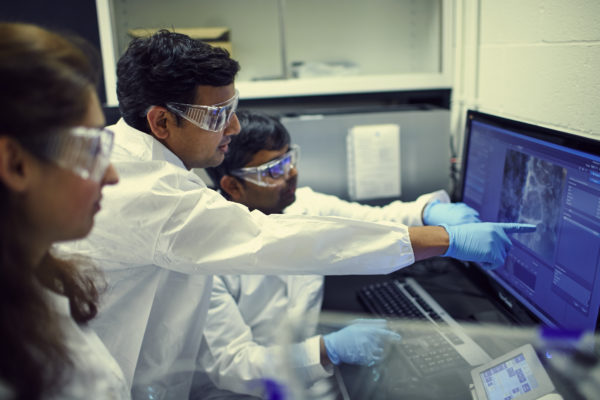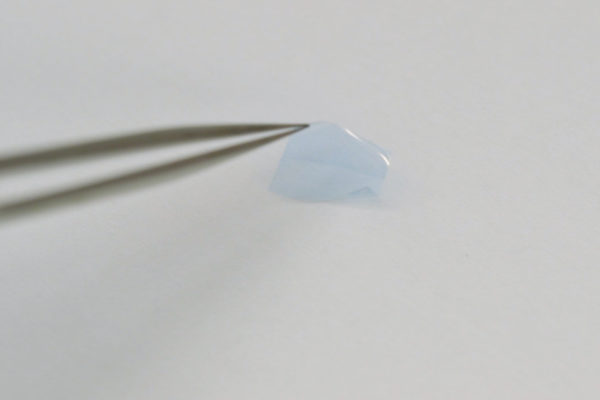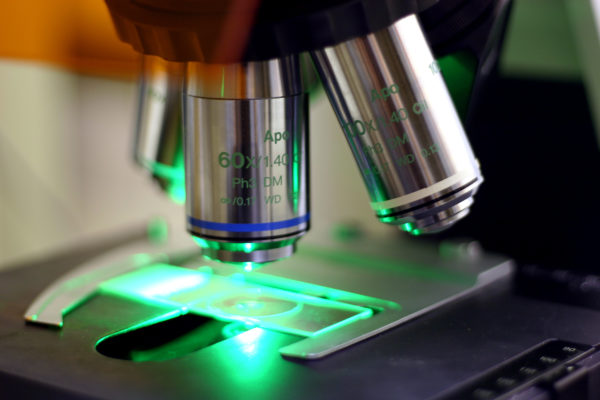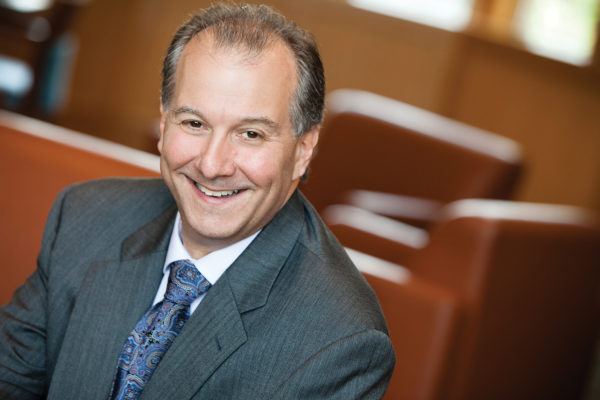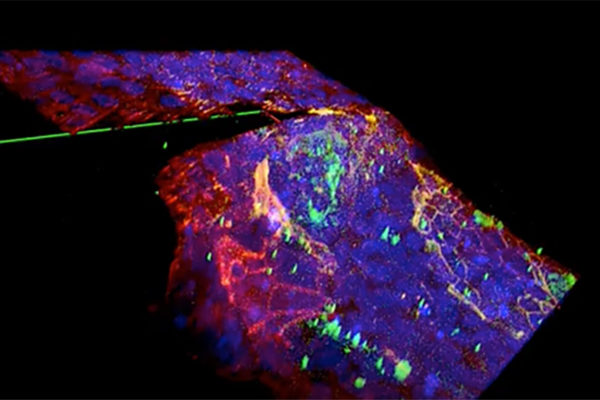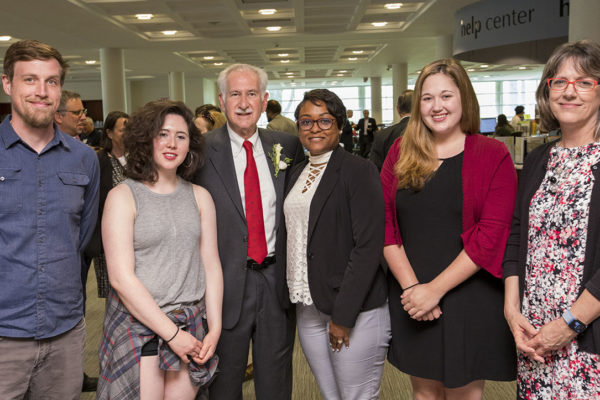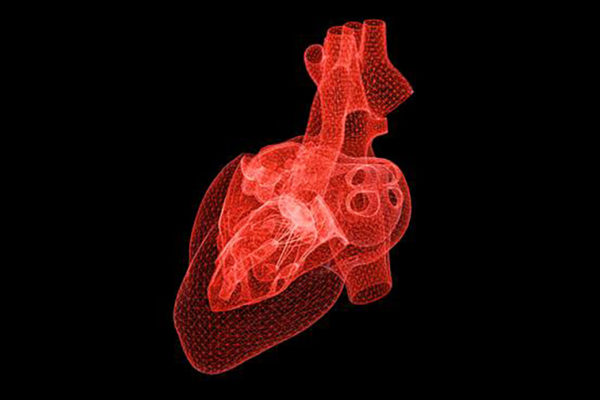Role of cell group behavior target of $1.9 million award
Amit Pathak, a mechanical engineer at Washington University in St. Louis who specializes in mechanobiology, plans to take a closer look at various aspects of cell group behavior — and their implications for diseases such as cancer — with a prestigious five-year, $1.9 million grant for early-stage investigators from the National Institutes of Health (NIH).
Vibrations at an exceptional point
A team of international researchers led by engineers at Washington University has developed a way to use a light field to trigger a mechanical movement that will generate an acoustic wave.
New patch boosts brightness in medical diagnostic tests
A multidisciplinary team from Washington University in St. Louis and the Air Force Research Laboratory at Wright-Patterson Air Force Base has developed a high-tech fix that brings some medical diagnostic tests out of the dark and into the light.
New imaging technique to use bioinspired camera to study tendon, ligament damage
Tommy John surgery, or reconstruction of the ulnar collateral ligament (UCL) in the elbow, has been dubbed an epidemic among Major League Baseball pitchers. A mechanical engineer at Washington University in St. Louis plans to develop a bioinspired imaging technique to study how damage accumulates in the UCL during loading, or the stress of activating the ligament. This could provide insight into what is progressively happening to these soft tissues when pitchers throw fastballs dozens of times during a game.
Building a better microscope
Like our eyes, microscopes are limited in what they can see because of their resolution, or their ability to see detail. An engineer at Washington University in St. Louis plan to use funding from the National Science Center to build a more precise microscope.
New tools reveal prelude to chaos
Engineers at Washington University in St. Louis have developed tools that mathematically describe the kinetics in a system right before it dissolves into randomness.
The future of energy
So what does the future have in store for us in regard to energy resources, consumption and technology? Aaron Bobick, dean of the School of Engineering & Applied Science, breaks down the issue in his blog, “The Observational Engineer.”
Defects in tissue trigger disease-like transformation of cells
Homeowners know that one little termite can lead to big problems: while termites are efficient at gnawing away at wood, they can do even more damage if the wood is already broken or has another defect. Mechanical engineers at Washington University in St. Louis have found the same effect in some of the body’s tissue.
Newman Exploration Travel Fund winners announced
Washington University Libraries has awarded the inaugural Newman Exploration Travel Fund scholarships and grants to seven members of the university community for international travel experiences.
An ‘unprecedented look’ into the protein behind hypertension, epilepsy and other conditions
The seemingly unrelated conditions of hypertension, epilepsy and overactive bladder may be linked by electrical activity in a protein long studied by a biomedical engineer at Washington University in St. Louis. After new technology recently revealed the structure of the protein, his lab will collaborate with two others to take an unprecedented look into its molecular mechanisms, potentially leading to the development of new drugs for these and other conditions.
View More Stories
